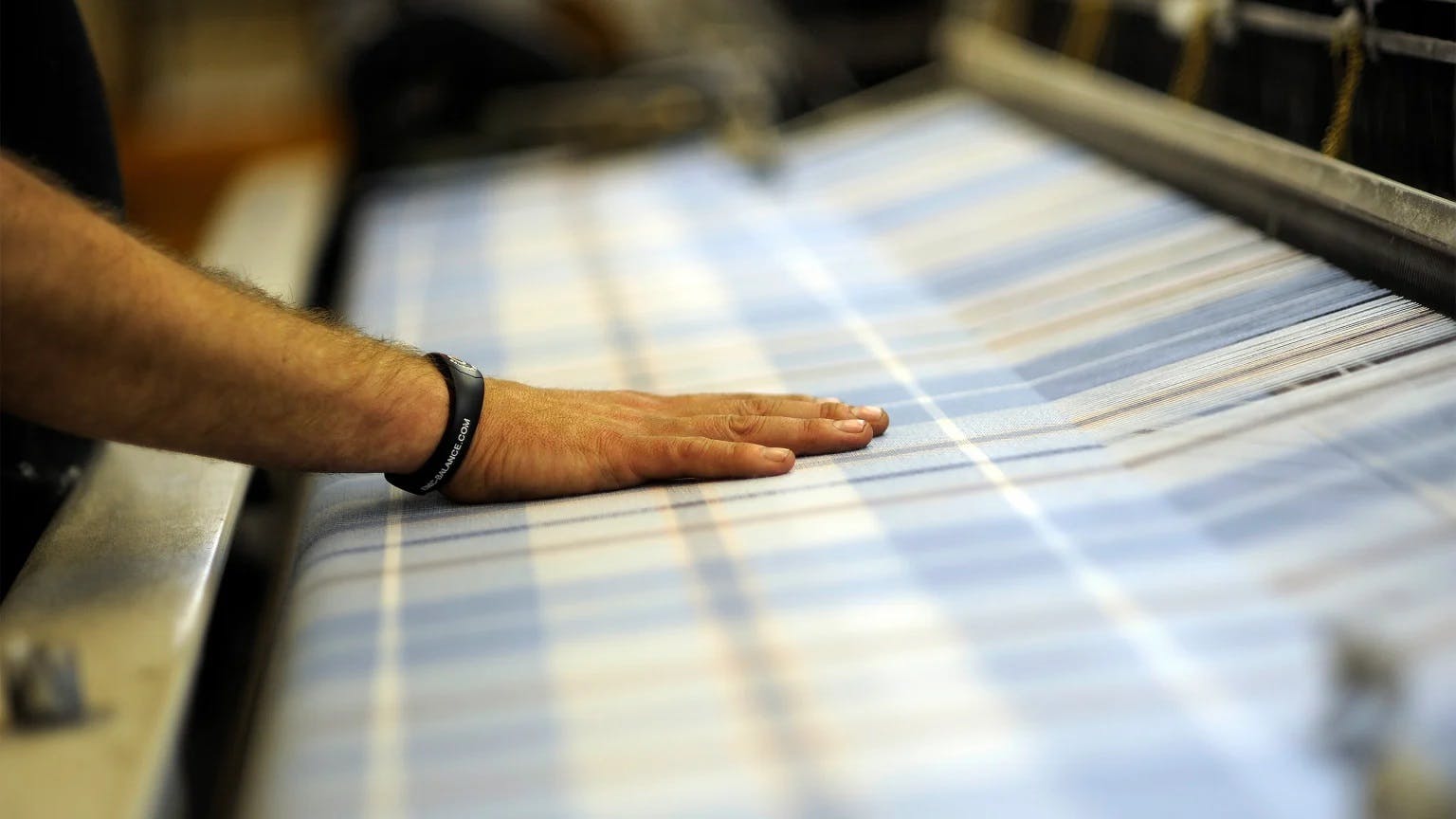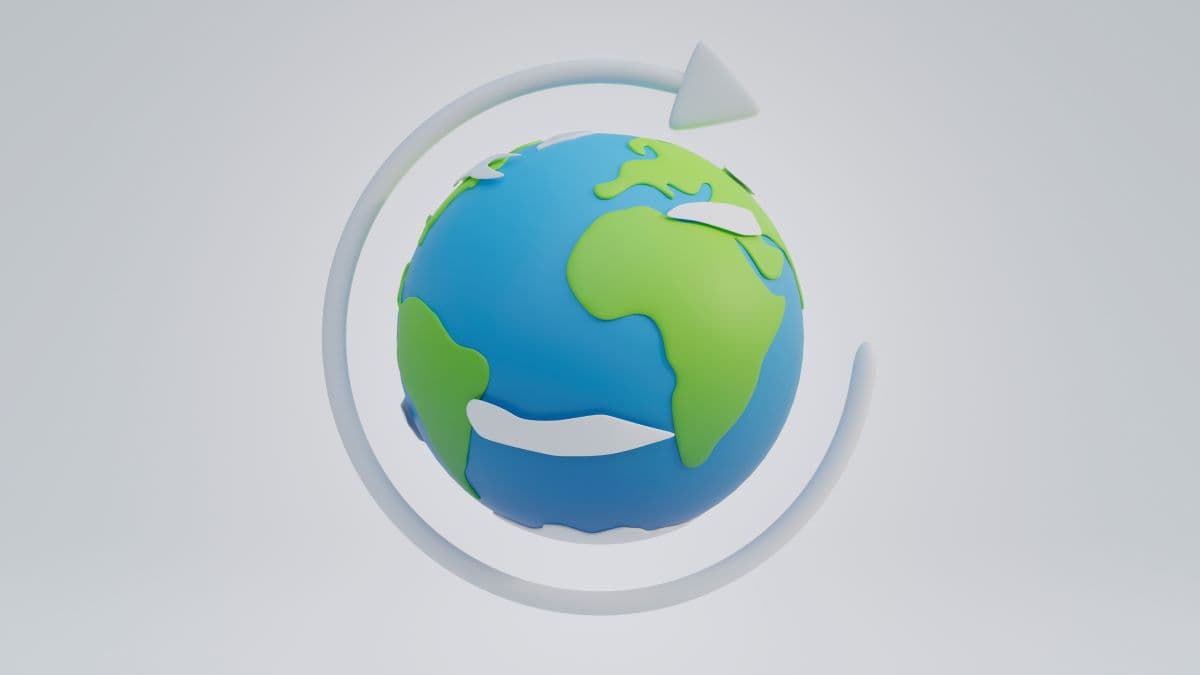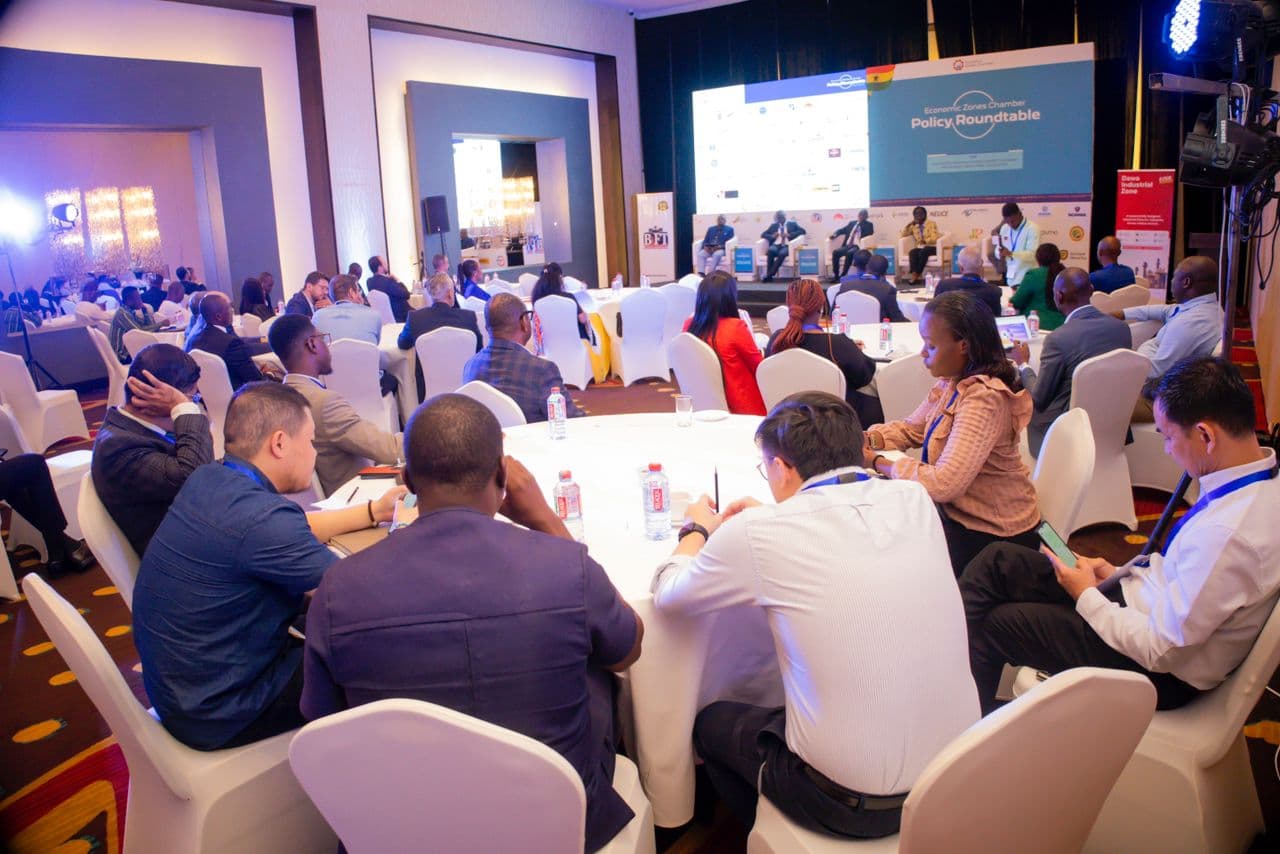A Brief Analysis of Ghana’s Market Potential For the Growing Textiles Industry
Go to all updates
The government of Ghana over years has shown a real desire to make the textile and apparel industry a priority because there is an enormous potential for employee development based on Ghana’s rich history of textile and design. So much so, that investment in the textile industry is projected to generate employment and contribute to the country’s GDP.
Apparel and garment firms are located in Ghana to serve local, regional, and international markets, taking advantage of policies such as the African Growth and Opportunities Act (AGOA). The industry has shown signs of significant growth and potential in recent years, promoting high-quality traditionally designed fabrics as “Made in Ghana” to niche markets, especially the US. These are based mainly in Accra. Thus, it may be said that most of the large-scale firms in the textile subsector are concentrated in Accra, Tema, and Akosombo-Juapong areas.
Although the industry has been badly affected by adverse economic conditions, the market continues to offer substantial opportunities for producers that are well organized and maintain a good quality standard.
Since its black African independence in 1957, Ghana has instituted policies geared towards encouraging investment to enable the country to achieve its industrial potential. The government has been encouraging foreign investment by providing tax-exemption incentives and liberalization of exchange control regulations.
Several factors have come together to make Ghana an attractive location for textile manufacturing: a favorable base market with vastly increased demand from the US, the largest importer of fabrics from Ghana; government-sponsored incentive programs and policies; an industrial infrastructure; and labour pool.
The government of Ghana has been providing significant support to the textile and garment industry through various measures, including its open-door economic policy, provision of adequate infrastructure, tax exemptions, and concessional purchases of finished goods. These measures have encouraged private sector growth, which is important for sustained investment in the sector. However, there is still a need for infrastructural upgrades across all industrial subsectors.
Ghana’s textile and apparel industry relies on natural resources such as cotton, which are used to produce high-quality raw materials. The country also has substantial labor resources, a ready market in the ECOWAS region, and an infrastructural base that enables it to act as a hub for West Africa. These factors, combined with government support, create an attractive environment for investment in the textile and garment industry. While there are challenges to be addressed, such as infrastructural improvements, Ghana’s textile and garment industry is well-positioned for growth and has the potential to contribute significantly to the country’s economy.
Why Ghana?
The West African region has enormous advantages that position it favourably to capture demand flowing out of Asia and other regions.
Geographical Advantage
- Average transit times of 14-18 days to the U.S. and 14-22 days to Europe, typically 2-5 weeks faster than East Africa and Asia
- Ghana’s Port of Tema is among the most efficient ports in the region.
Favourable Trade Agreements
- Duty-free exports to the U.S. under AGOA (15-32% cost reduction) and to the EU under EPA (up to 12% cost reduction)
- Particularly strong advantages for synthetic and polyester fabrics
- AfCFTA
Lage Affordable Workforce
- Ghana’s statutory minimum wage is 5x lower than China’s, 3x lower than Kenya’s, and 50% lower than Bangladesh’s.
- The Anglophone population of 28 million, 57% of which are <25 years.
Peaceful, Stable & Democratic
- Ghana is the most peaceful country in West Africa, underpinned by a homogenous population that shares cultural bonds.
- A stable democracy with a 30-year track record of peaceful elections
- A growing middle class with good purchasing power
Friendly Business Climate
- Consistently ranked 1st in West Africa in the World Bank’s annual Ease of Doing Business ratings
- Robust industrial policies and targeted investment promotion support
- Fully serviced industrial Park located 25km east of Tema with proximity to the International Airport and the Tema Port.
Gateway to West African region
- Ghana’s central location, infrastructure, and political stability make it a gateway to the broader West African region.
- Easy access to Nigeria’s massive consumer and labor market
Accommodation for the Textile Industry in Ghana’s foremost Industrial Park – Dawa Industrial Zone
The Dawa Industrial Zone in Ghana is a growing hub for businesses, particularly in the textile industry. The location is strategic, with easy access to the port and major transportation routes, making it attractive to investors. The zone provides a supportive environment for textile wholesalers and manufacturers, including access to raw materials, infrastructure, and utilities like power and water.
One of the benefits of the Dawa Industrial Zone is its proximity to key infrastructure, which reduces transportation costs and improves efficiency. Additionally, the zone offers incentives like tax breaks, financial assistance, and affordable financing to encourage businesses to invest in the area and create jobs. This helps to diversify Ghana’s economy beyond agriculture.
The textile industry has enormous potential for growth in Ghana, and the Dawa Industrial Zone is an ideal location for businesses looking to set up operations in the region. With its supportive environment and range of incentives, the zone is a one-stop-shop for investors in the textile industry, offering an attractive opportunity for economic growth and job creation.
Credit: Kohan Textile Journal.
The Dawa Industrial Zone is a purpose-built 2,000-acre industrial park that accommodates a broad range of light and heavy industries across various sectors, such as Agro-processing, Textiles and Garments, Steel Fabrication, Warehousing and Logistics, among others. When operating at full capacity, it is expected to house over 100 companies and provide fully-serviced infrastructure to support their production and operations within the park.
Contact Investor Relations:
Email: enquiry@diz-ghana.com
Tel: 0552030000 / 0552040000
More
updates

Addressing The Infrastructure Gaps in Sub-Saharan Africa
Blog∙11th March, 2025

Regional vs. National Approaches to Trade Facilitation: Which is More Effective for Africa?
Blog∙11th December, 2024

Earn Big with Dawa Refer & Earn: Unlock Lucrative Rewards for Every Business You Refer!
Blog∙13th November, 2024

Leapfrogging the Growth Trap: Policy Initiatives for Developing Economies in a Globalized World
Blog∙4th October, 2024

Pioneering a New Era in Industrialization: Dawa Industrial Zone Champions Sustainable Development at Economic Zones Policy Roundtable
Blog∙25th September, 2024
